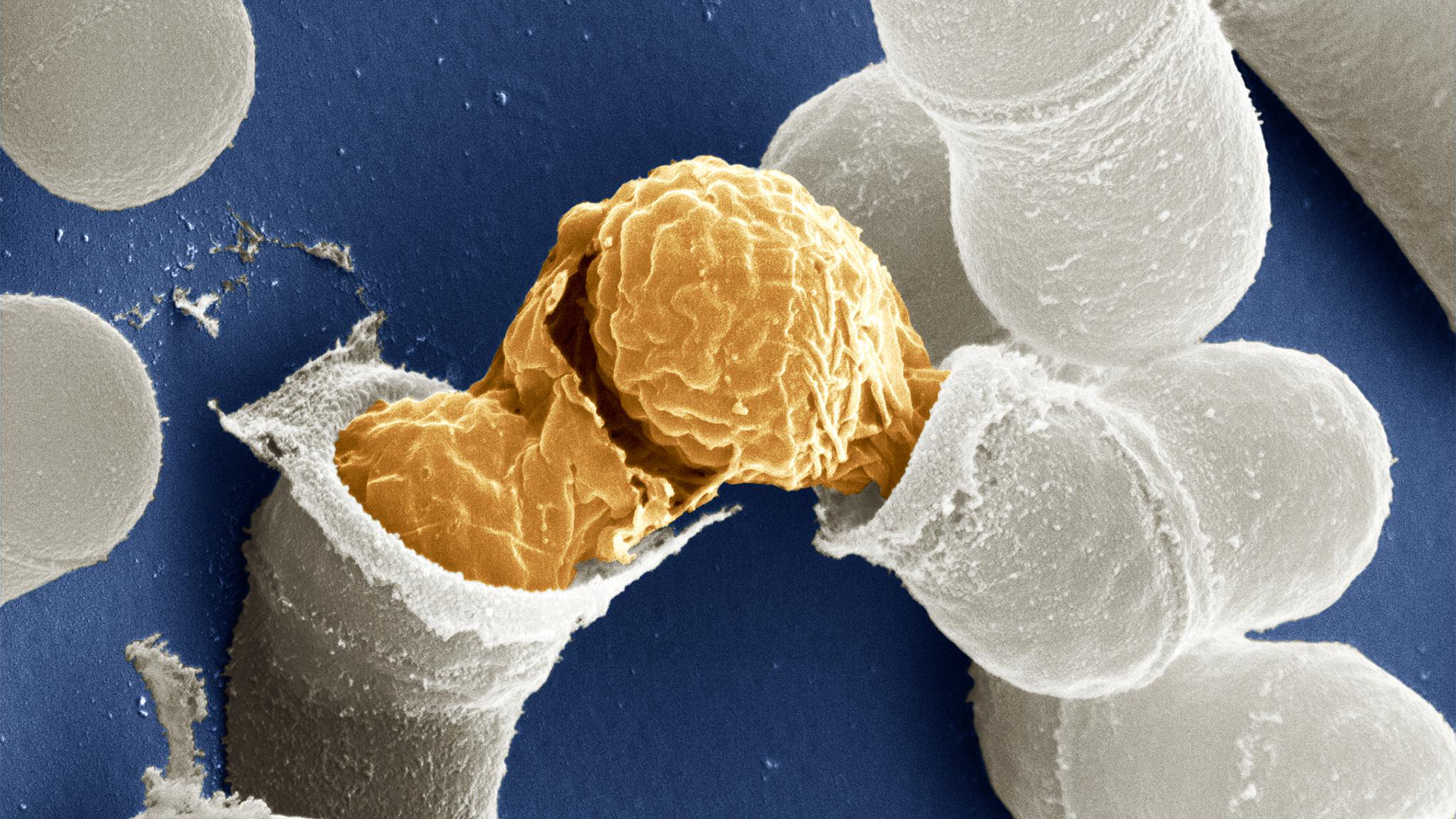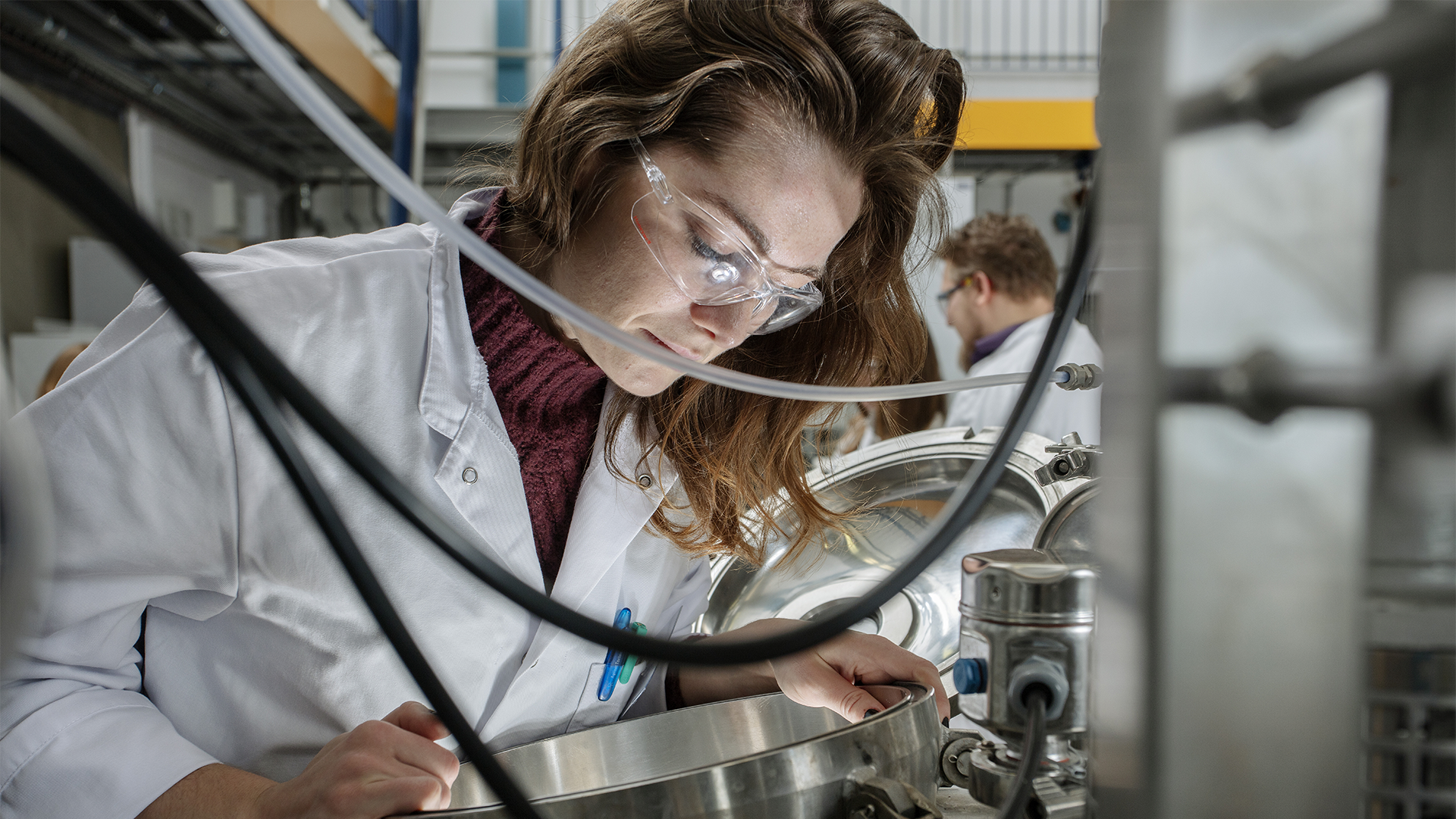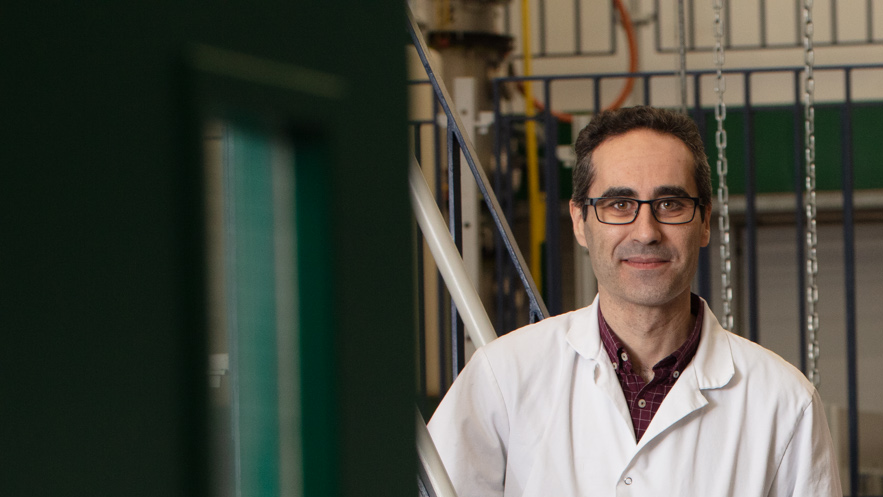Yeast Biotechnology and Fermentation

Our research aims towards the development and characterization of yeast cell factories for the production of high value chemicals, pharmaceutical peptides and industrial enzymes. We work with the model yeast Saccharomyces cerevisiae, but a significant part of our current research is focused on the discovery of novel yeast cell factories, by bringing non-conventional yeasts into the play. Thus, contributing to the transition from the classical production workhorses to novel cell factories with superior capabilities (more robust, wider range of feedstock utilization, lower toxicity side-effects and higher tolerance towards industrial fermentation setups).
To achieve this, we explore/exploit yeast biodiversity, in order to find novel yeast isolates with enhanced properties / desirable traits for industrial production setups, naturally acquired throughout evolution in “hostile” environments. This approach results in:
1. Better cell factories as starting point – hence increased tolerance to several types of stress, then less engineering efforts are further needed.
2. Fundamental knowledge about cell metabolism – how these advantageous traits were acquired and how can we take advantage of that for biotech applications.
Additionally to the discovery of novel cell factories, in our lab we are currently working on different research topics, including:
1. Salt and pH stress responses in microbial eukaryotic systems, using Debaryomyces hansenii as model system.
2. Bioprocess design and optimization
- Recombinant β-carotene production by Yarrowia lipolytica.
- Recombinant human hemoglobin production for generation of blood substitutes and artificial meat by microbial fermentation, using Saccharomyces cerevisiae.
- Metabolic and bioreaction engineering of microbial communities for biomass and waste stream feedstock revalorization into bulk and commodity chemicals.
3. Beeromics – optimized brewing strains for high quality ales (in collaboration with the Fungal Systems Biology lab headed by Assoc. Professor Chris Workman).


